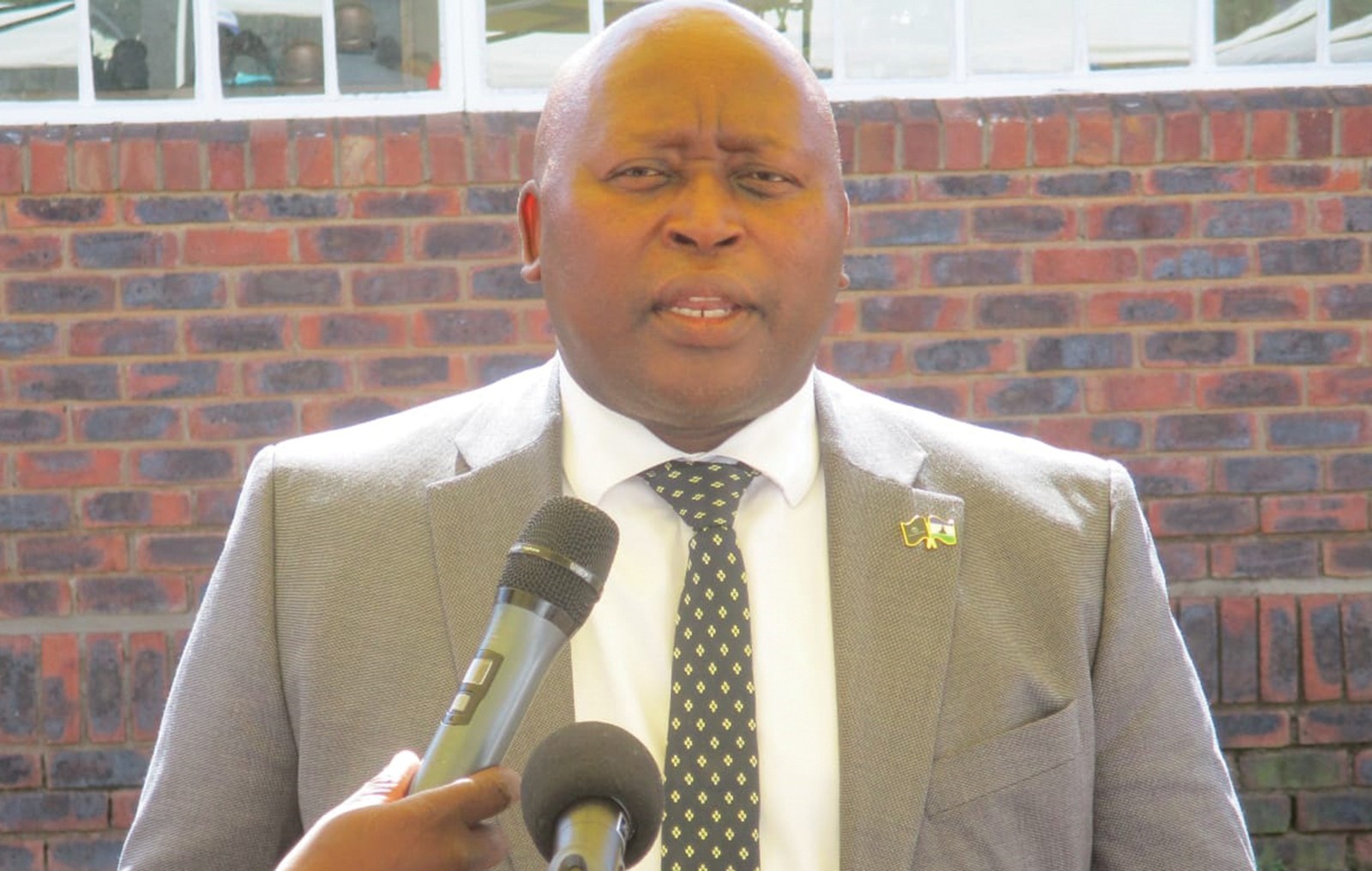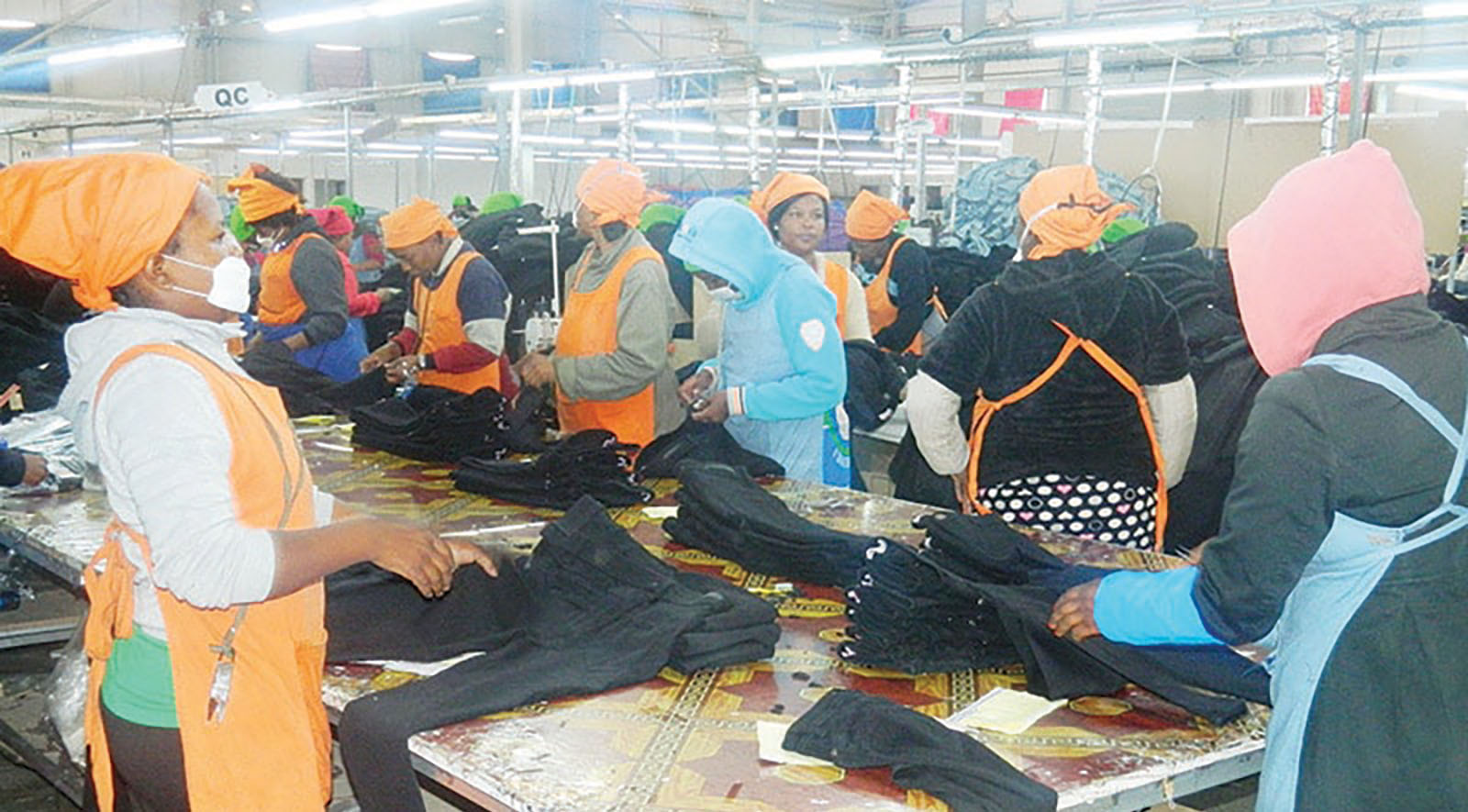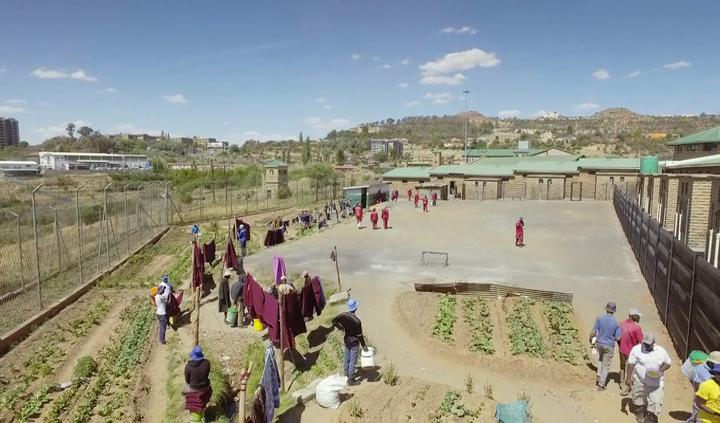Law Society defends current crop of lawyers

SHARE THIS PAGE!
The Law Society of Lesotho has called for the establishment of a national judiciary training centre to offer legal practitioners aspiring to become judges and magistrates rigorous training programme to prepare them for such positions.
President of the Law Society Lesotho, Advocate Lintle Tuke noted the centre would ensure the country produces a highly competent judiciary officers.
His remarks after the recent announcement by the Judiciary Service Commission (JSC) that it would not proceed with the appointment of five puisne judges of the High Court positions, citing failure by the applicants to meet the required qualifications.
The law stipulates that any advocate or attorney with at least 10 years of experience in the legal profession is eligible to be considered for appointment as judge. However, the JSC retains the authority to establish additional qualifications beyond the basic requirements, he noted.
Adv Tuke indicated that the Law Society faces obstacles in providing adequate training for its lawyers, including financial constraints.
With a membership fee of only M1000 annually or less than M100 per month, the institution’s resources are inadequate to fund comprehensive training programmes for its members, he told theReporter in an interview.
“Although we recognise the need for improvement in our skills, financial constraints prevent us from conducting extensive training programmes.”
Adv Tuke pointed out that they were in the process of forming strategic partnerships with regional law societies, organisations such as the SADC Lawyers Association and the General Council of the Bar (GCB), and the Black Lawyers Association, as well as the National University of Lesotho to facilitate extensive training programmes.
He further expressed concern over the low number of candidates who applied for the recently advertised judicial positions, citing that senior advocates, known as King’s Counsel, did not put their names forward.
Despite this, Adv Tuke added, some applicants who met the minimum legal requirements applied, yet they were still deemed unsuitable by the JSC “for reasons known to it”.
He remained adamant that the was nothing wrong with the current crop of lawyers, although there is always a room for improvement in every profession.
“The process of appointing judges changed under the current Chief Justice (Sakoane Sakoane),” Adv Tuke said. “Prior to him, judges were appointed by the JSC, which would recommend candidates to the King.”
However, under Chief Justice Sakoane, judges are now appointed through a more rigorous application and shortlisting process, followed by interviews that are made public, he explained.
The nominees for the High Court Judge positions were Tšeliso Molise, Phatela Thomas Thakalekoala, Tlotliso Angelina Polaki, and Ricardo O’Neal Sandcroft, while the applicants were Rantšo Thulo, ‘Mathato Pelaelo Sekoai, Molemo Monethi, and Monyake Hlabanyane.
The JSC made the announcement in Circular No: 2 issued in March 17, 2025 and addressed to the Attorney General, Director of Public Prosecutions, Principal Secretary in the Ministry of Justice, Dean Faculty of Law at the National University of Lesotho, all Legal practitioners, the Christian Council of Lesotho, the Lesotho Councils of NGOs, the public, and the media.
The announcement to halt the process was communicated through Circular No1 of 2025 issued last week.
Nomination started with interested individuals submitting a nomination form. This required basic information about the nominee, including their name and qualifications, and signed by the nominated person.
Nominees and individual applicants were also required to complete an authorisation form. This form allowed the JSC secretary to gather statements about the applicant’s professional standing from relevant bodies, including Law Society and other regulatory organisations. Interviews for shortlisted candidates were scheduled for March 20, 2025.

Govt reacts to US tariff increase
2 days ago
WASCO opposes Mafeteng community lawsuit
3 days ago
Matala court resolves debt dispute
3 days ago
Govt lobbying for AGOA renewal
3 days ago
LDF retirement Bill sparks outcry
3 days ago
More job losses at textile factories
3 days ago
Innovator pioneers AI use in film industry
3 days ago
No parole for prisoners
3 days ago
Nthebe launches financial advisory firm
3 days ago
RSL exceeds revenue target
3 days ago